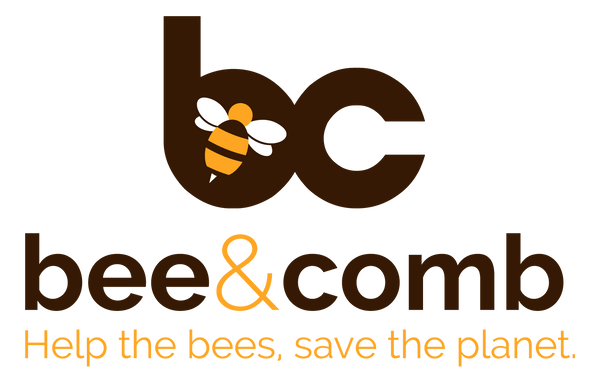Local Comb Honeycomb
Local Comb Honeycomb
Couldn't load pickup availability
Discover the purest form of honey with our Local Raw Comb Honey, harvested directly from our hives across Rock Hill, Fort Mill, and surrounding Carolina neighborhoods. Each piece is hand-cut straight from the frame, giving you honey exactly as the bees created it: raw, unfiltered, untouched, and bursting with natural flavor.
🐝 Truly Local – Sourced Within 15 Miles
Our comb honey is harvested from apiaries located within a 15-mile radius, all sharing the same floral ecosystem.
As long as the floral source is the same, the honey is considered truly local — which means:
• Same nectar source
• Same pollen profile
• Same regional blossoms
• Same authentic Carolina flavor
You’re getting real local honey, made from the flowers you walk by every day.
🌼 Rich Carolina Floral Profile
Our bees forage on a diverse natural mix, including:
• Clover
• Tulip poplar
• Wildflower
• Black locust
• Native meadow plants
• Seasonal sourwood (based on bloom availability)
This creates a smooth, rich, aromatic flavor unique to the Carolinas.
⭐ Why Customers Love Our Local Comb Honey
• 100% raw & unprocessed – never heated, filtered, or altered
• Contains full honeycomb, rich in nutrients, pollen, and enzymes
• Naturally sealed by the bees for ultimate purity
• Extra smooth texture with delicate, melt-in-your-mouth wax
• Sourced from healthy, well-managed Carolina hives
• Perfect for gifts, charcuterie boards, and natural wellness
🍯 How to Enjoy Comb Honey
• Spread on toast, biscuits, croissants
• Pair with brie, goat cheese, sharp cheddar
• Add to yogurt, oatmeal, and smoothies
• Eat directly for natural energy
• Perfect topping for fruit plates and charcuterie
• Great for coughs, seasonal allergies, and overall wellness
The wax can be chewed like gum, or eaten—many customers love the natural texture.
📍 Perfect for Local Honey Lovers in:
Rock Hill • Fort Mill • Tega Cay • Charlotte • Indian Land • York County • Steele Creek
Your purchase directly supports local beekeeping, pollinator health, and small-batch honey production.
Share




